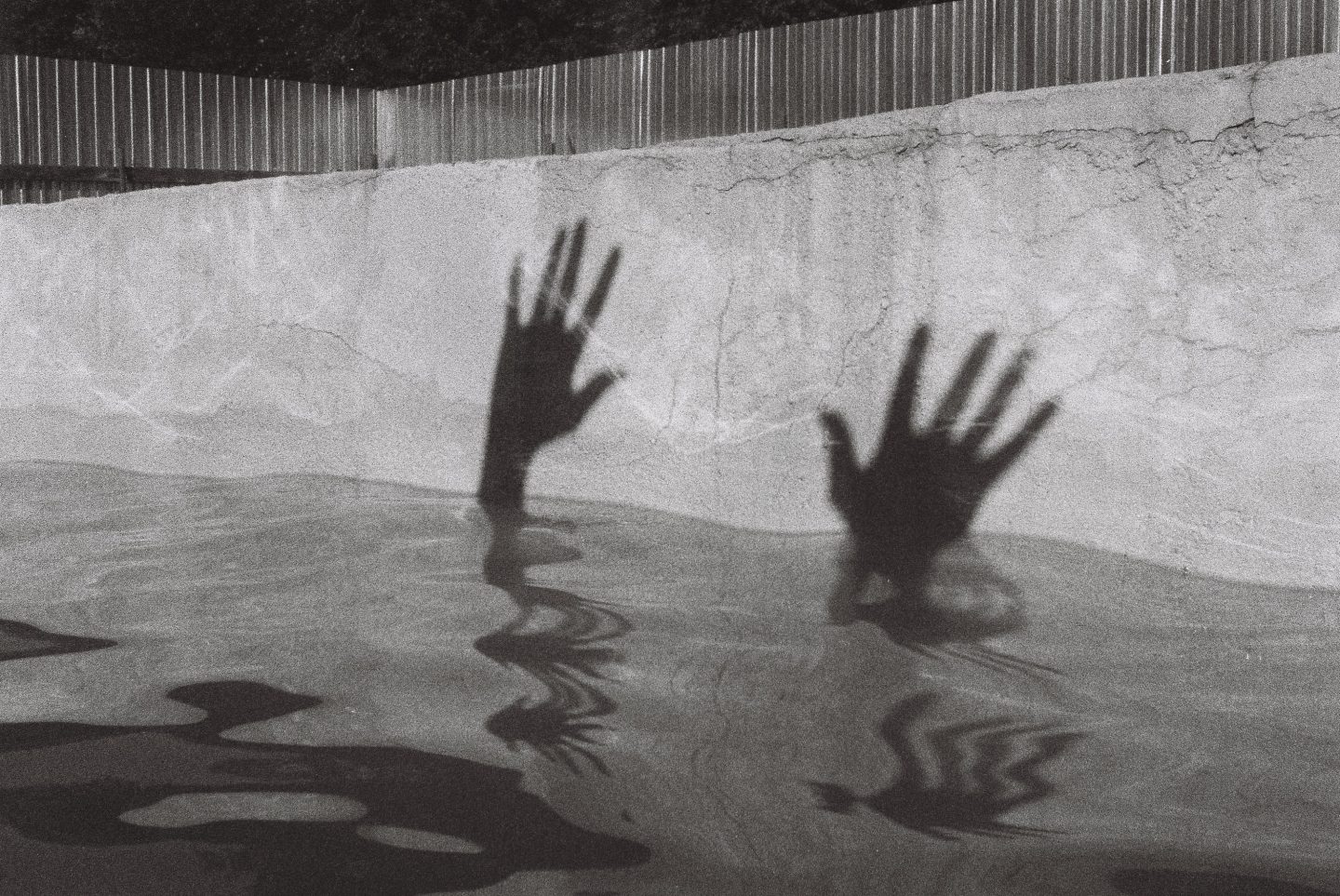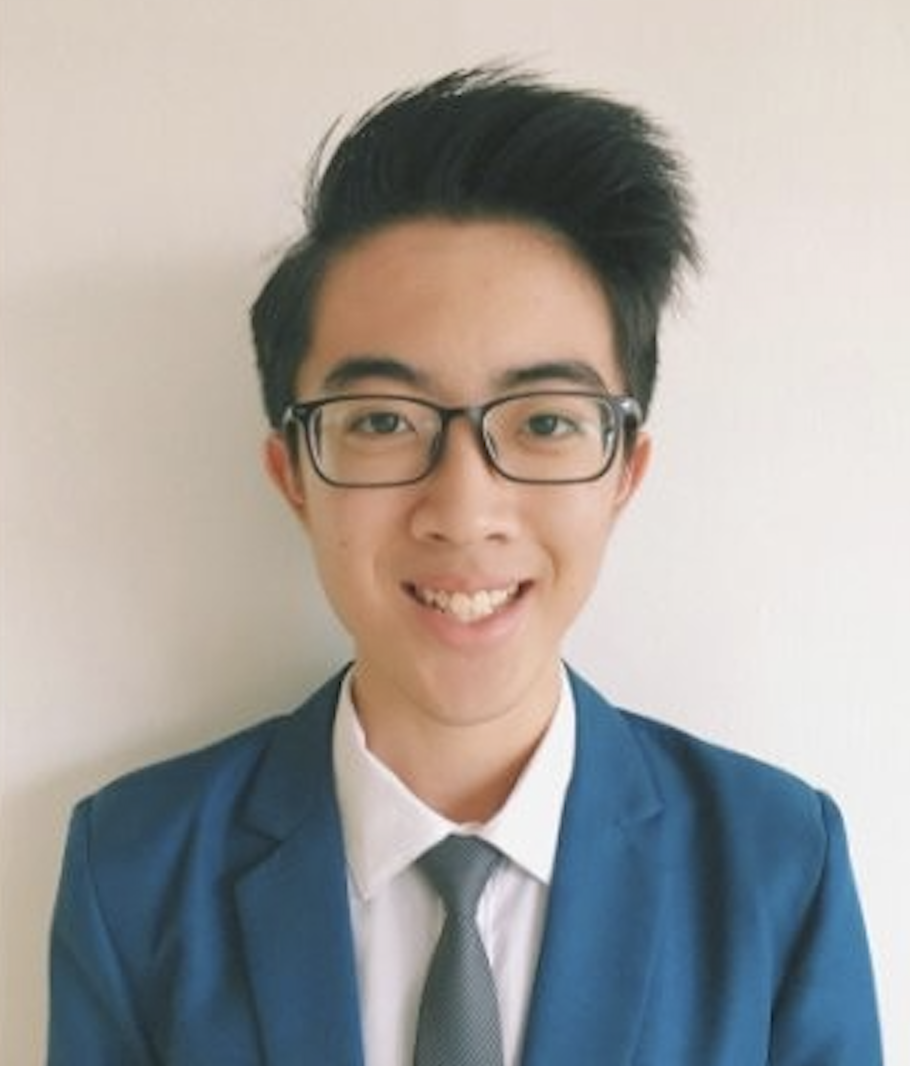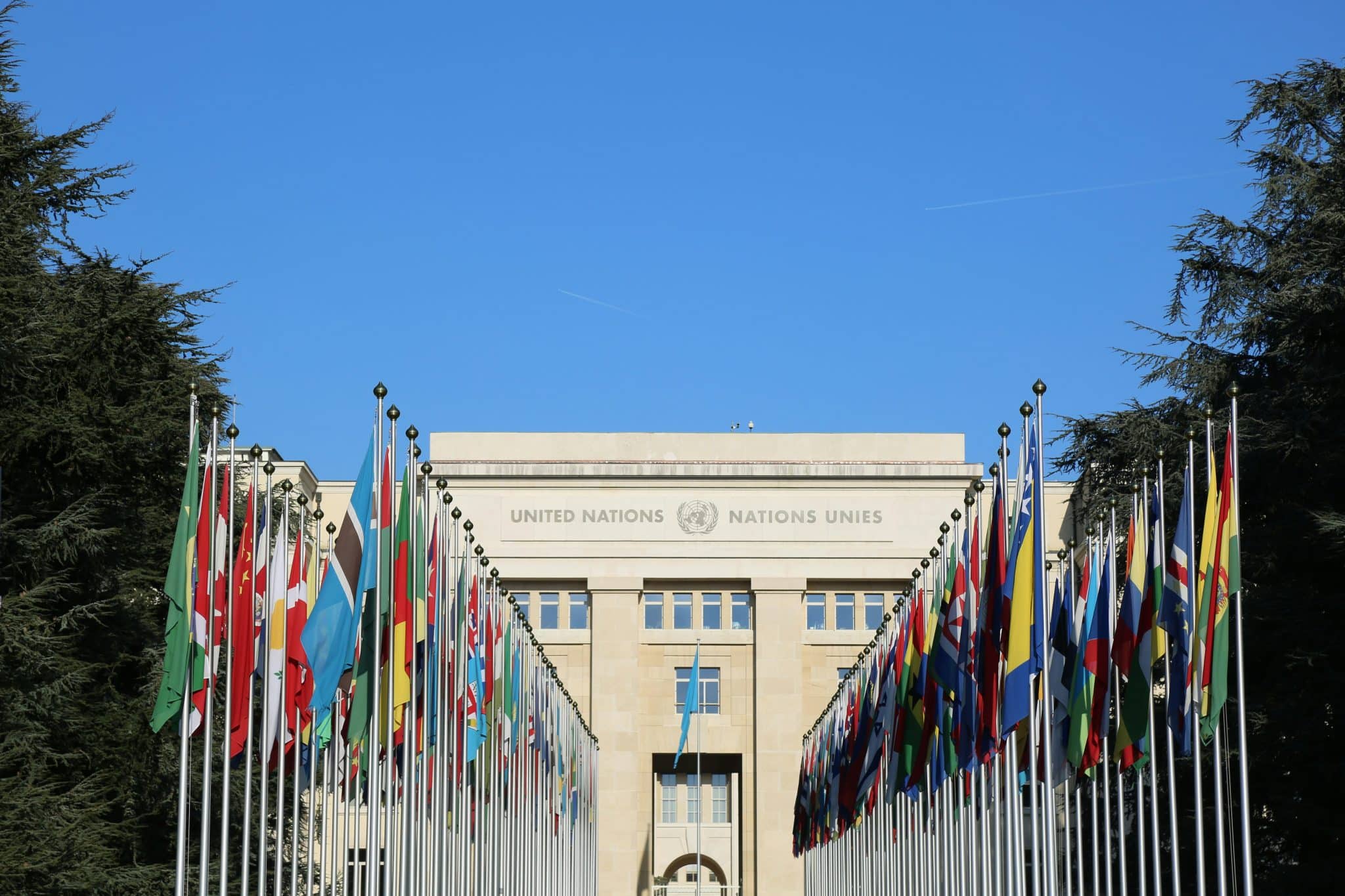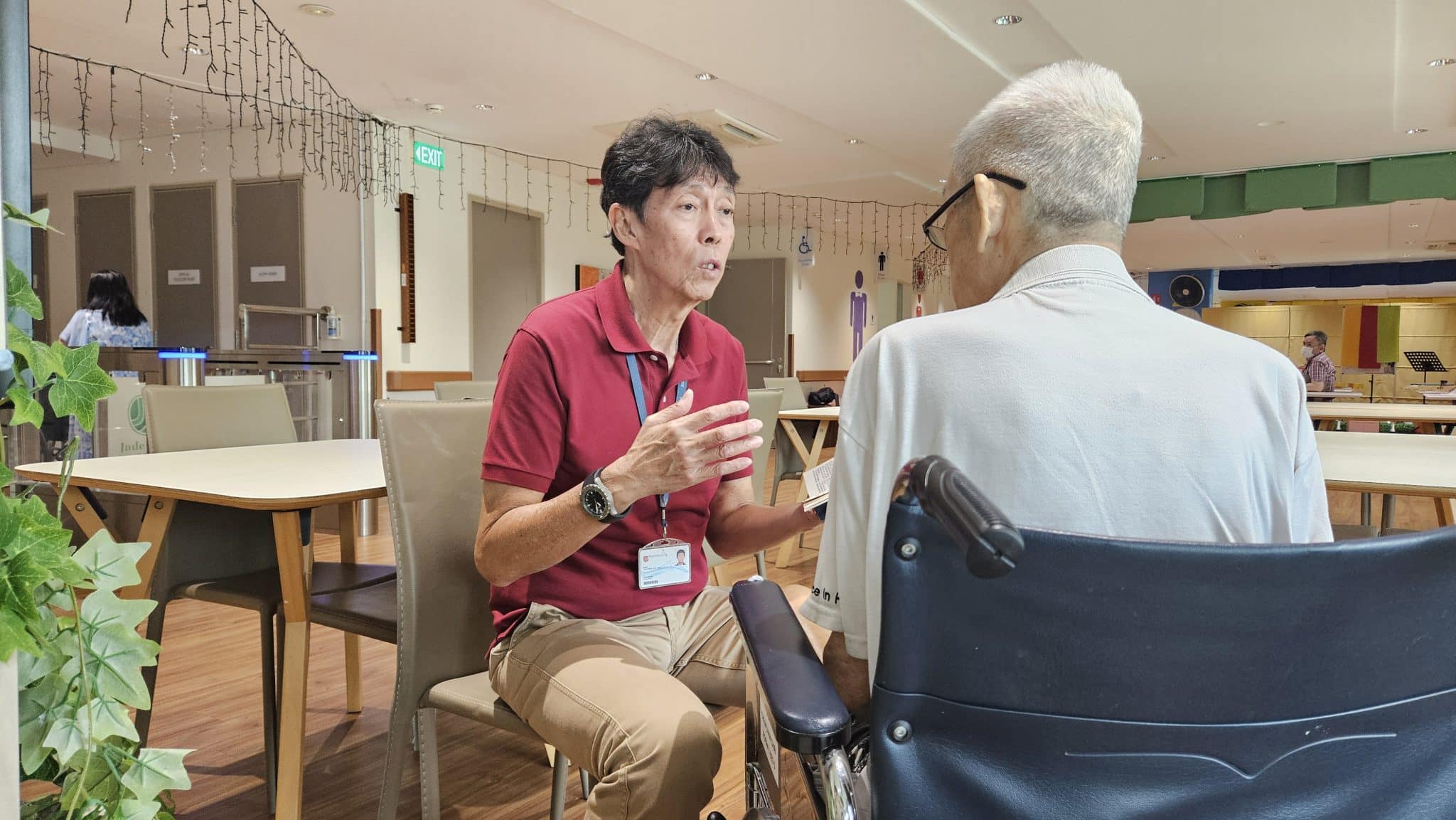“Compassion and scriptural conviction must guide Christian approach to suicide”: Liew Heng San at Law Christian Fellowship
Gabriel Choo // December 17, 2020, 4:15 pm

Research shows that people with a religion have a lower chance of committing suicide, Liew Heng San told a record-number of participants at two recent Zoom gatherings of the Law Christian Fellowship. Photo by Andreea Popa on Unsplash.
Covid-19 has taken the world by storm with over 71.6 million (and counting) cases worldwide.
And while we get used to the new normal of mandatory mask wearing, social distancing measures and gathering in small groups, there lurks another concern in the shadows.
Suicide.
The touchy, heart-wrenching topic was the subject of a recent at Law Christian Fellowship (LCF) talk held over Zoom on Monday, November 23.
In 2019, Singapore saw 400 deaths by suicide which outstrips the 29 deaths from Covid-19 so far. However, comparing suicide deaths and Covid-19 deaths is like comparing apples and pears.
“Suicide is a voluntary death while death from Covid-19 is involuntary”, said the speaker, Liew Heng San.
Liew worships at Telok Ayer Methodist Church, and is on the board of Singapore Bible College. Before his retirement from civil service, Liew was CEO of the Central Provident Board.
He proposed a more pragmatic and compassionate approach to accord value to human life, around concerns surrounding the repeal of Section 309, which decriminalised suicide from January 1, 2020.
In 2019, Singapore saw 400 deaths by suicide which outstrips the 29 deaths from Covid-19 so far.
LCF’s monthly ministry meetings are usually only open to members of the legal profession. The Zoom sessions are usually attended by 20 to 50 participants.
Certain talks, like Liew’s Suicide Worse than Covid-19? are open to non-lawyers. It was attended by the maximum number of 100 participants – the Zoom account limit for typical LCF meetings.
“This was the first time we maxed out our numbers for the online meeting. Many had to be turned away at the virtual entrance door because we had no more capacity in our Zoom account,” said Gregory Vijayendran, chairman of the LCF. He said he was prompted by the Holy Spirit to ask Liew to be their special speaker.
Due to overwhelming interest, Liew repeated the talk on Monday, December 7. It was attended by 106 participants.
Protecting life
Liew proposed three main areas where lawyers and the community could help protect and accord dignity and respect to human life:
1. Reverse the culture of death
Liew provided statistics showing that youths are more likely to kill themselves over life events involving love, followed by studies/exam stress.
Liew also advises the very sick to discern between choosing not to prolong life and accepting treatment when it can.
For working adults, the main risk factors are relationships and financial stress. For the elderly, the primary risk factor is physical illness.
As a society, it is critical for the community to take the first step in a preventive approach to support, pray and journey with a suicidal person, and to encourage them to seek professional help.
Liew also advises the very sick to discern between choosing not to prolong life when treatment is futile and accepting treatment when it can preserve life.
2. Look into the heart of the issue, not merely the law
Liew also brought up concerns around the amendments to the Penal Code, comprising the repeal of Section 309 where attempted suicide is no longer a crime in Singapore, as of January 1, 2020.
The repeal of Section 309 is a grave concern because it consolidates the moral position against euthanasia or physician-assisted suicide where the goal is to end life, said Liew.
“Life is God’s property, not our own. To choose death is to illegitimately assume authority which is God’s,” he said.
Without detracting from the unimaginable pain of those who suffer, it sends the wrong signal and removes what was a deterrent for some people who contemplated or attempted suicide, he added.
“We can each do our part to influence the moral tone of society.”
He proposed a more compassionate approach to caring for and providing support for those who have attempted suicide.
For example, instead of handcuffing and remanding those who attempt suicide (as was the case in some past instances) or repealing the law, those who attempt suicide could be counselled by professional social workers in safe spaces – like the comfortably-furnished rooms currently used to interview rape victims.
Vijayendran later told Salt&Light: “Christian lawyers need to shine where they have been placed. In this context, practically this means to speak truth into the laws and policies of the land according to our spheres of influence. And create awareness in the body of Christ about the legal and related issues involved in this topic.”
As for members of the public, we can each also do our part to influence the moral tone of society by voting for the right causes and people, said Liew.
3. Start a bank of hope
It is important to give suicidal persons reminders of reasons to live.
A psychologist had suggested the idea of creating “a piggy bank of hope”. Such a bank could comprise relationships, work, holidays and dogs, which may sustain a person through his lowest point.
But Liew added this caveat: “I don’t want to undermine these things because they are important. But they are all temporary.”
Liew then proposed that we offer suicide attemptees a superior bank – a permanent bank of hope – only found in Jesus.
Made in God’s image
Liew pointed to the impact of religion in suicide ideation.
All major religions in Singapore believe in the sanctity of life, he said. Research also shows that people with a religion have a lower chance of committing suicide.
Christian scripture teaches that human life is inherently sacred because we are made in God’s own image. Genesis 1:26-27 states that God created mankind in his own image; male and female He created them.
All major religions in Singapore believe in the sanctity of life.
“Only human beings – not animals or even angels – are given the privilege of being made in the image of God.”
The image of God is an ontological claim. Hence while being made in the image of God means that if God is rational, creative and understands morality, we too were created to be rational, creative and understand morality.
The greater point is: Our role is to represent and reflect God’s image.
“Because we are made in the image of God, we become bearers of God’s image,” said Liew.
Every human being has value
Recognising that every human being has the capacity to have fellowship with God gives us our worth and dignity.
“Every human being has the capacity to have fellowship with God.”
“There are no gradations in the image of God. Every human being, regardless of gender, age or race is significant on God’s keyboard precisely because they are made in His image,” said Liew, quoting Martin Luther King Jr.
“God’s image is still present in humanity, so treat all human life with dignity and respect.
This applies not just to suicide but also to other forms of killing (such as abortion and euthanasia), and other forms of abuse (such as violence, oppression and human trafficking).
If you, or someone you know, may be at immediate risk of harming yourself, call 995 or approach the A&E department of your nearest hospital.
MORE STORIES ON MENTAL HEALTH:
Youth leader’s suicide led pastor to raise awareness and support for mental health in churches
Unprecedented suicide rate among S’pore’s aged: Are we failing our elderly?
“To live is Christ, to die is gain”: A full-time church worker’s struggle with suicide
About the Law Christian Society
LCF, a sectional group of the Graduates’ Christian Fellowship, aims to encourage members of the Christian legal community to study the Word of God, fellowship with one another, and grow in their personal spiritual lives and relate the practice of their faith to their vocation. It also hopes to encourage members to proclaim the Gospel, and to serve the Church and the community at large through the legal expertise and other gifts of its members.
We are an independent, non-profit organisation that relies on the generosity of our readers, such as yourself, to continue serving the kingdom. Every dollar donated goes directly back into our editorial coverage.
Would you consider partnering with us in our kingdom work by supporting us financially, either as a one-off donation, or a recurring pledge?
Support Salt&Light




